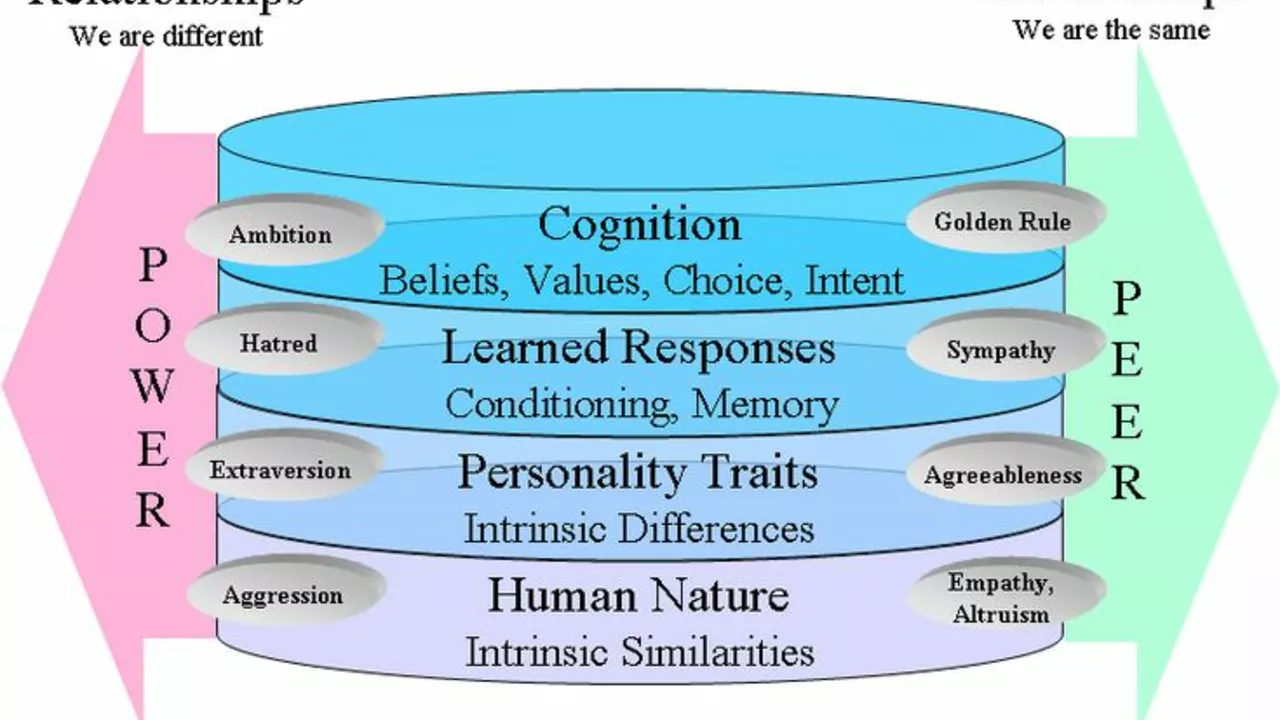Hatred in Sports: What It Looks Like and Why It Matters
Ever felt a rush of anger when your team loses? A lot of fans have, and sometimes that feeling crosses the line into hatred. It’s not just a bad mood – it can change how people act, both on the field and in the stands.
Take the Packers vs. Commanders game on Thursday night. The matchup was billed as a high‑stakes duel, and the hype sparked heated debates online. When the Commanders finally broke the Packers' home streak from 1986, some fans threw harsh words at the opponents, blurring the line between rivalry and hostility.
Or look at the Seattle Sounders crushing Inter Miami 3‑0 in the Leagues Cup. The record crowd at Lumen Field cheered hard, but a few heated comments about Messi and other players spilled over into personal attacks. Those moments remind us that passion can quickly turn into something darker.
When Passion Turns to Hate
Hate usually starts small – a sarcastic tweet, a snarky comment on a forum. If it isn’t checked, it grows. In soccer, you’ll see it when fans start blaming referees, calling opponents “cheaters,” or even sending threats. It can also affect players. A goalie who’s constantly bombarded with hate might lose confidence, leading to more mistakes and a vicious cycle.
Even off‑field topics get tangled up. A question like “Can I play soccer without cleats?” is harmless, but when someone dismisses another’s equipment choice with a hateful tone, the conversation dies. The same goes for discussions about injuries – a post about why many players have bad knees can become a blame game instead of a learning opportunity.
Turning Hate into Positive Support
The good news? Hate is manageable. First, recognize the trigger. Is it a loss, a controversial call, or a rival’s success? Next, pause before you type or shout. A quick breath can stop a nasty comment from going live.
Second, channel that energy into constructive talk. Instead of “Messi sucks today,” try “Messi missed a chance because the defense closed tight.” You keep the conversation about the game, not the person.
Third, engage with the community. United Soccer Supporters offers a space where fans share analysis, like the betting tips for Chelsea vs. Bournemouth or the height‑based position guide for 5 ft 6 players. By contributing useful insights, you shift the focus from anger to knowledge.
Finally, remember the bigger picture. Sports bring people together across continents. A single hateful comment might feel powerful, but the collective cheer of thousands outweighs it. When you see a post about the FIFA 2022 runner‑up predictions, treat it as a fun debate, not a battle.
Keeping the game fun isn’t about ignoring strong feelings – it’s about steering them in a direction that builds, not breaks, the community.

Why do some people hate the term 'soccer'?
by Caspian Montgomery / 29 Jul 2023Well, you see, the term 'soccer' can really grind some gears and no, it's not because it's hard to spell or pronounce! Many folks, especially those from countries steeped in football culture (lookin' at you, UK), believe the term disrespects the sport's heritage. They argue that it should be called 'football', as it was originally named. But hey, don't get your jerseys in a twist! Remember, whether you call it 'soccer' or 'football', the game's all about having fun, right? So let's kick this argument into touch and just enjoy the match!